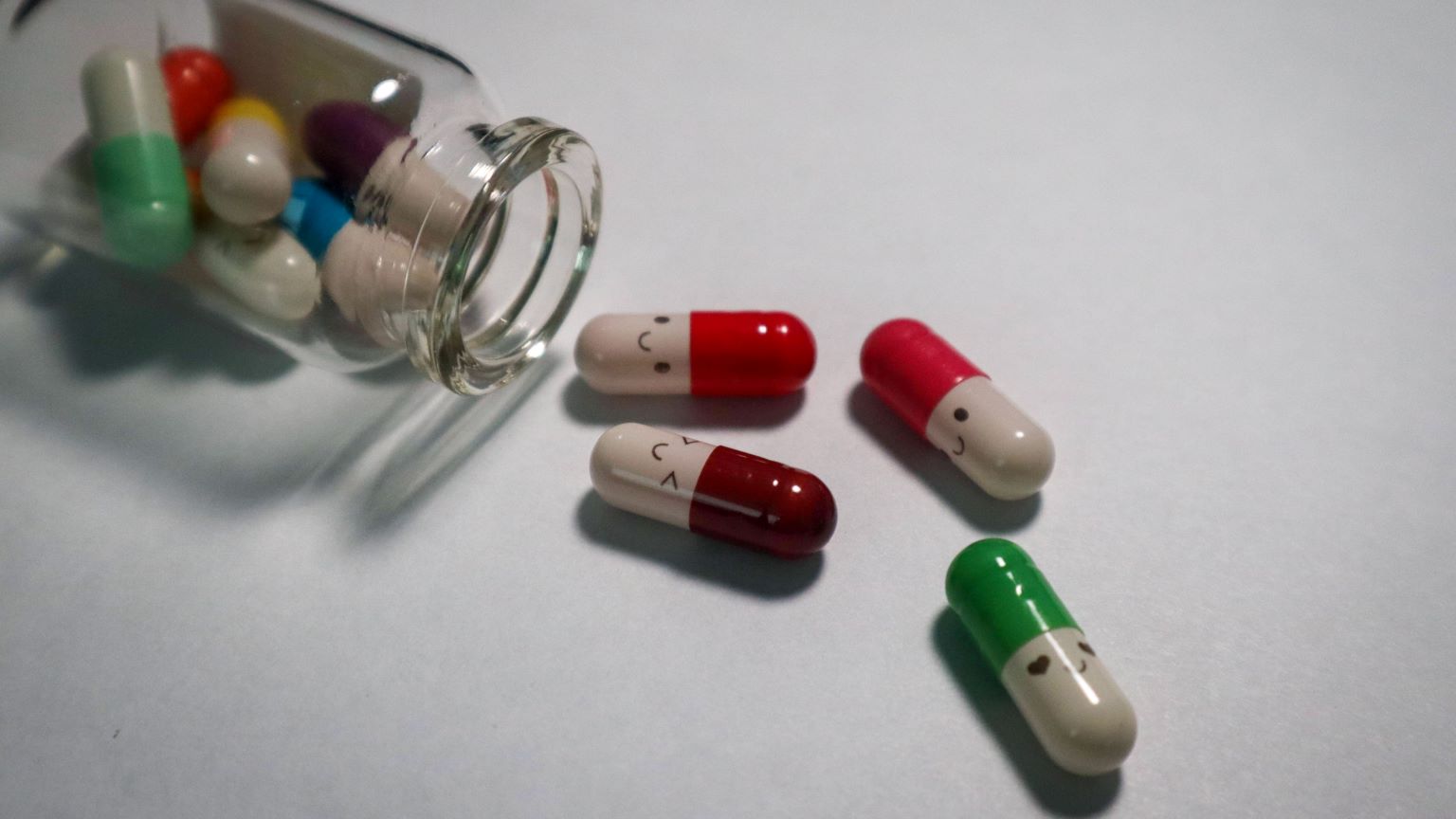Depression isn’t caused by a chemical imbalance, but antidepressants like SSRIs are still effective

- A recent study concluded that an imbalance of serotonin in the brain is not the cause of depression.
- This was widely misreported in the media, which interpreted the conclusion to mean that antidepressants (like SSRIs) do not work.
- Antidepressants are more effective than placebo, even if we do not understand why the drugs work.
A new review of the so-called “serotonin hypothesis” of depression has caused a huge controversy within the psychiatric community, and has been widely criticized on the grounds that the mass media has misinterpreted its findings to report a harmful message.
The “umbrella” review, led by Joanna Moncrieff of University College London, which was published last month in the journal Molecular Psychiatry, examined the results of 17 systematic reviews and meta-analyses, and concluded that there is “no support for the hypothesis that depression is caused by lowered serotonin activity or concentrations.”
Yet, numerous psychiatrists have stated that although the review only questions the mechanism of action of antidepressants, much of the media coverage has incorrectly extended the findings to the efficacy of the drugs. That is, the review examined how antidepressants work — or, at least, how they are commonly thought to work — and found that they do not work how most people think they work. But the media reported that the drugs do not work at all.
Serotonin hypothesis
The serotonin hypothesis of depression dates back to the 1960s and was popular at the time. In the 1990s, the idea was exploited by the pharmaceutical industry to market the newly developed class of antidepressants called selective serotonin reuptake inhibitors (SSRIs), which include many common drugs like fluoxetine (Prozac), sertraline (Zoloft), and escitalopram (Lexapro).
Today, SSRIs are among the most widely prescribed drugs in the world, but the serotonin hypothesis is now considered too simplistic. Although a chemical imbalance may be a contributing factor, few psychiatrists regard it as the sole cause of depression. Instead, depression is recognized as a complex disorder with multiple causes, including genetic and environmental factors, abnormalities in brain structure and function, and immune system dysfunction.
In their review, Moncrieff and her colleagues rightly state that there is public misunderstanding about the causes of depression: “Surveys suggest that 80% or more of the general public now believe it is established that depression is caused by a ‘chemical imbalance’,” and that the serotonin hypothesis “provides an important justification for the use of antidepressants.”
The media got it wrong on SSRIs
Their main finding, that there is “no consistent evidence of there being an association between serotonin and depression, and no support for the hypothesis that depression is caused by lowered serotonin activity,” is not surprising. Unfortunately, though, the results have been widely misinterpreted as meaning that SSRIs are ineffective as a treatment for depression.
For example, The Guardian ran an article entitled “Little evidence that chemical imbalance causes depression, UCL scientists find,” with the subheading, “Researchers question use of antidepressants, prescribed to one in six UK adults.” And according to the Daily Mail, the “landmark findings call into question society’s ever-growing reliance on antidepressants like Prozac.”
In their review, the researchers mention that “other explanations for the effects of antidepressants have been put forward, including the idea that they work via an amplified placebo effect.” In a subsequent article summarizing their findings, entitled “Depression is probably not caused by a serotonin imbalance in the brain,” they state that “if antidepressants exert their effects as placebos, or by numbing emotions, then it is not clear that they do more good than harm.”
Unknown mechanism does not mean “ineffective”
They neglect to mention, however, that SSRIs are known to promote various forms of neuroplasticity, including an increase in neurogenesis (the formation of new nerve cells) in a brain structure called the hippocampus. This is increasingly regarded as a factor that contributes to their therapeutic effects, and it helps to explain why it often takes 6-8 weeks for patients to feel their effects.
Antidepressants are just one of many types of drugs and treatments that exert their effects by unknown mechanisms. Acetaminophen (Tylenol) is another widely used drug whose mechanism of action is still not known. Deep brain stimulation is an experimental surgical procedure whose mechanism of action also is still unknown, but it has been used to effectively alleviate the symptoms of Parkinson’s disease in almost 250,000 patients over the past 15 years.
SSRIs and other antidepressants likely exert their effects by multiple mechanisms. Numerous other reviews show that antidepressants are more effective than placebo, and not knowing exactly how they work does not make them any less effective. As with all other drugs and treatments, they are more effective in some people than others, and in some cases, they may not work at all.





